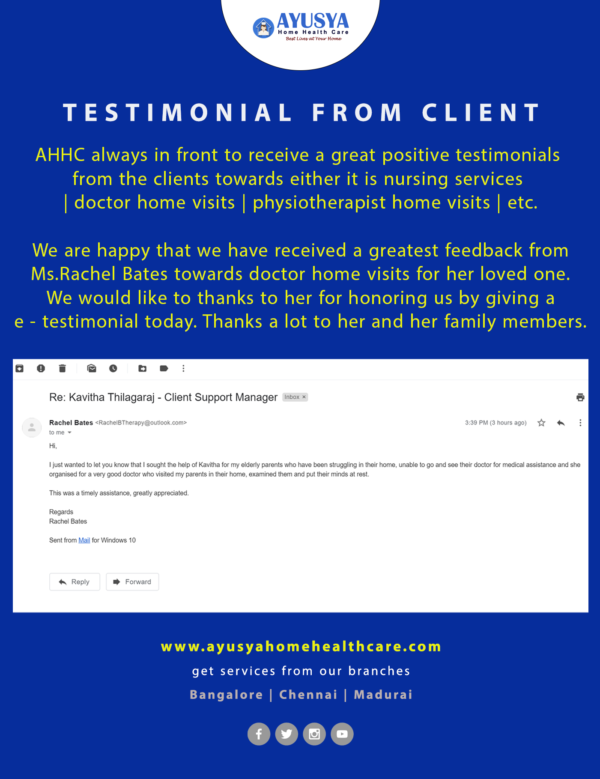Table of Content
It may further evaluate whether it can provide the services that the veteran needs. If you do not need to be in the hospital, but you are unable to care for yourself, you may need to seek short-term or even long-term care in a nursing home. Veterans in this situation may be able to get benefits from the VA to cover these costs. If you do not fit into any of these categories, VA benefits will cover you only if the groups above have not exhausted the available resources. Within these homes, the VA will pay up to half the cost of care for veterans.

However, note that simply receiving financial compensation through the VA does not directly qualify you for enrollment within the system. If you haven’t already applied for VA health care, it is imperative that youget startedon that process before you apply for home care facilities. We don’t help with that specifically at Woods and Woods, but a lot of the documentation we get together to win your VA disability case is the same documentation you’ll need to get into a VA nursing home. Some factors that could impact your eligibility include financial needs, service-connected disabilities, the extent of your disability, insurance coverage, and more.
How do I get home health care through the VA?
If the facility you choose cannot provide the health care that you need, VA will make other arrangements for your care based on administrative eligibility and medical necessity. VA provided nursing home care for all other veterans is on a case-by-case basis and based on the individual situation. I must note that Medicaid offerings vary from state to state and I do not practice Medicaid planning law.
In addition to the three types of nursing home care available to you, you might also be eligible for long-term care provided by the VA. Long-term care covers a wide range of services that help veterans manage daily tasks, or cope with disability or illness. This type of care is sometimes called custodial care and is not a covered benefit. As a Veteran, you may be able to get assisted living, residential (live-in), or home health care through VA. These are generally reserved for veterans with severe disabilities who require short-term care ranging from thirty days to six months.
VA Community Living Centers
However, in addition to the VA’s requirements, you may also have to meet special state requirements for admission into a state veteran’s home. The VA may consider other factors like the nature of your condition and the availability of services within the CLC. Community Living Centres are generally located within VA medical centers. Currently, there are more than one hundred and thirty operative CLCs in the United States of America. Here is a more detailed description of what each of these types includes and their eligibility criteria. The types of care that are covered are discussed in the Overview Section above.
However, those who are considered non-compensable and zero percent veterans may be required to pay long-term copayments as specified by the Department of Veterans Affairs. Do keep in mind that the VA will only pay for veterans who are in contracted nursing homes that participate in the VA’s programs. Adult Day Care –CFL does not pay for either medical care or supervision in adult day care centers. Note this estimate is after subtracting all medical expenses, caregivers, assisted living fees and/or nursing home fees. Hospice care Skilled caregivers who come into your home to provide comfort care to you and your family.
How to apply for health care benefits
If you are an active servicemember who needs nursing care after being in a DOD hospital, you will be able to receive these benefits if you will be an eligible veteran after your discharge. The VA may provide per diem aid indefinitely if a state veterans home meets its standards for care, and the veteran is eligible under VA rules for the type of care that they are seeking. Aid and Attendance and Housebound Status benefits are supplementary payments issued to those already eligible for a monthly VA pension. There are additional prerequisites to become eligible, but you only need to meet one of them to qualify. The amount of aid you can receive depends on a variety of factors. Unfortunately, very few programs pay family members or friends on a regular basis to provide care.

If the veteran is still independent but his or her spouse is ill, this benefit also applies. The spouse’s medical expenses must completely deplete the combined income of the married couple. Can help evaluate your situation and advise you about VA benefits to which you may be entitled and help determine if the VA will cover the care you may need. Our long-term care planning lawyers will help to ensure you create a plan to get the coverage you need for your long-term care. You have a service-connected disability that has been clinically determined to necessitate nursing home care.
Many senior veterans have benefitted tremendously from this program. If any veteran or member of their family is looking for nursing home care assistance, the Aid and Attendance and Housebound Improved Pension is often an effective solution. If you’re signed up for VA health care, you can get help managing your disability or health condition while living at home. The services you qualify for will depend on your needs and whether a service is available in your area.
Eligible veterans can apply for VA health care services and receive subsidized or free care depending upon their years of service, whether they have a service-connected disability, and their income. Traditionally, VA Pension with Aid and Attendance worked well as a transition through the continuum of care. An elderly individual who needed long-term care at an independent living facility or an assisted living facility might qualify for VA Pension benefits in order to afford the facility cost. If this individual later needed to go to a nursing home at a much increased monthly cost, they would apply for Medicaid. Medicaid would then take all of this individual’s monthly income, other than a small stipend, and provide complete care.
These homes provide a range of services including hospital care, nursing home care, domiciliary care, adult daycare, and more. However, your care will depend on which of these you are eligible to receive. The VA also has skilled nursing facility benefits for qualified veterans, spouses and surviving spouses. Veterans benefits for long-term skilled nursing care include the VA Aid & Attendance pension and, for individuals enrolled in the VA health care system, VA nursing homes. The Department of Veterans Affairs provides benefits to eligible former military members.

You also must be in a stable medical and psychological condition. A veteran will need to choose between short-term and long-term care and inform the CLC of when they expect to be discharged. The availability of CLC care is limited, so the facility does not automatically grant admission if a veteran meets these requirements.

No comments:
Post a Comment